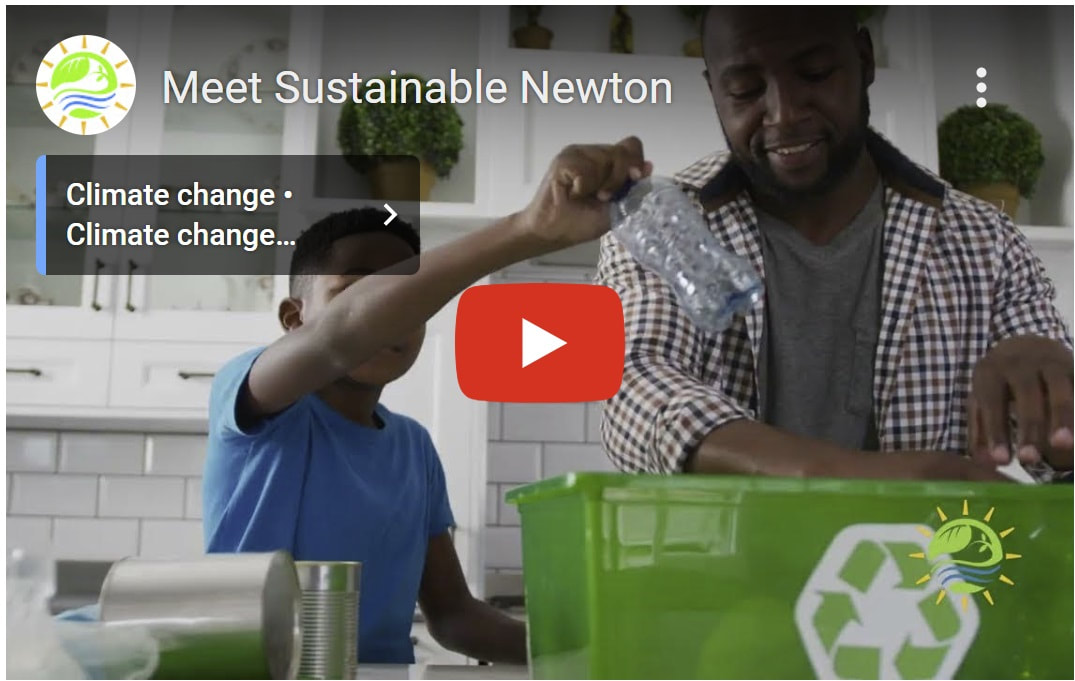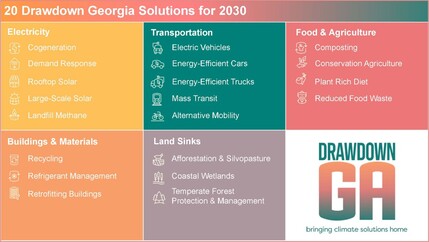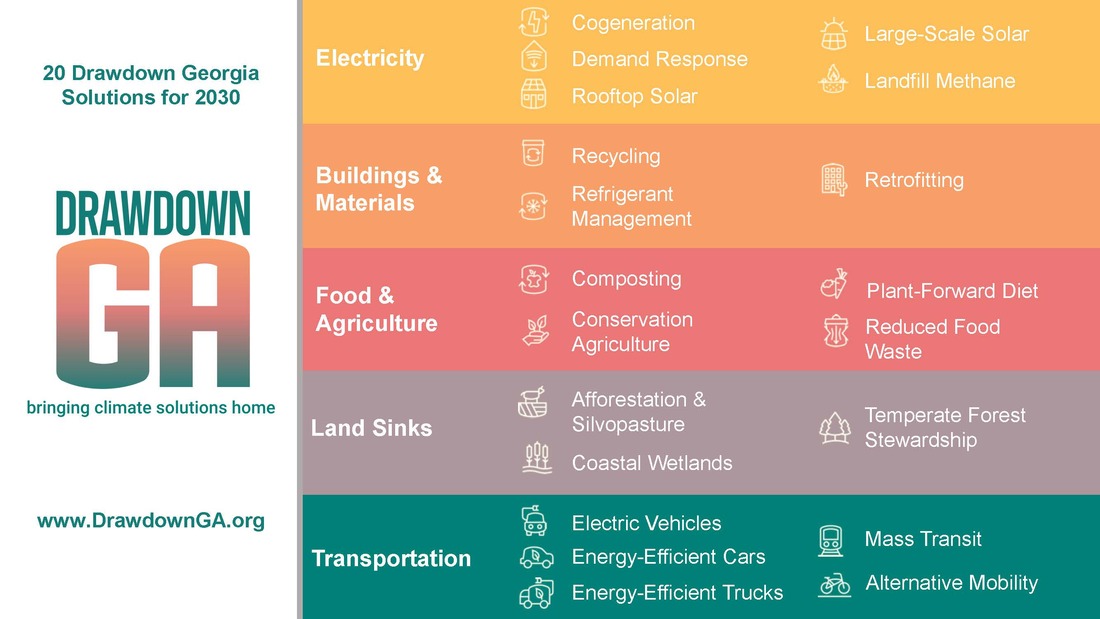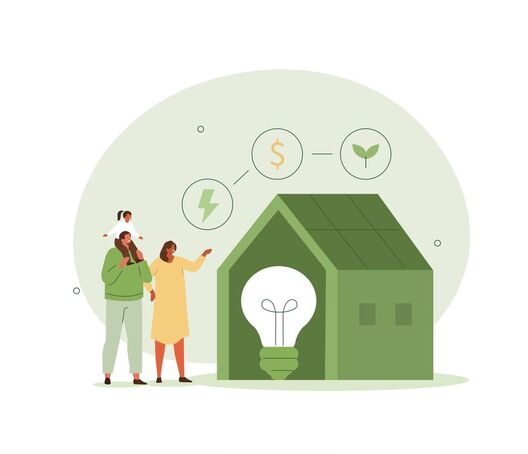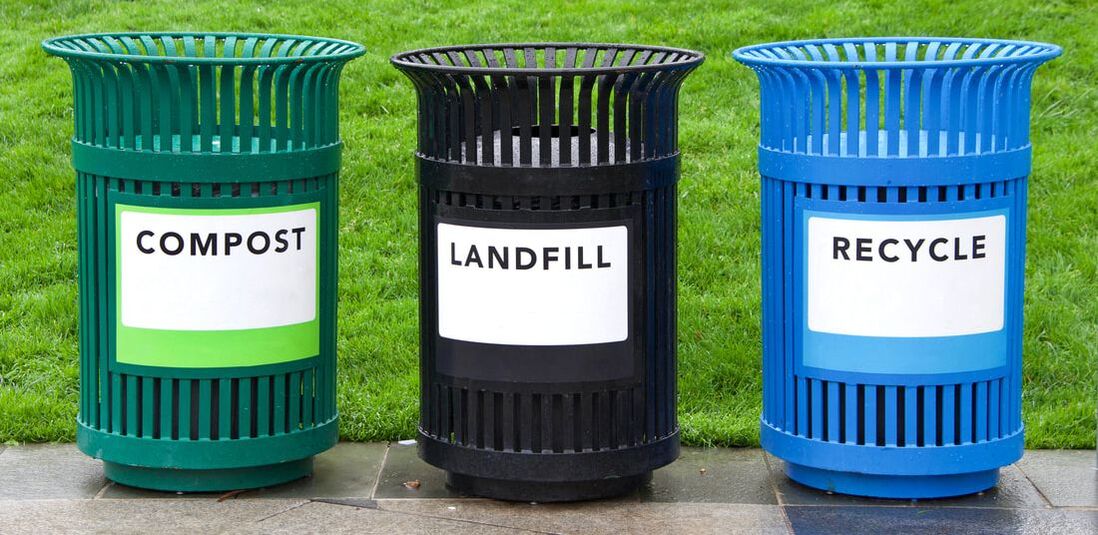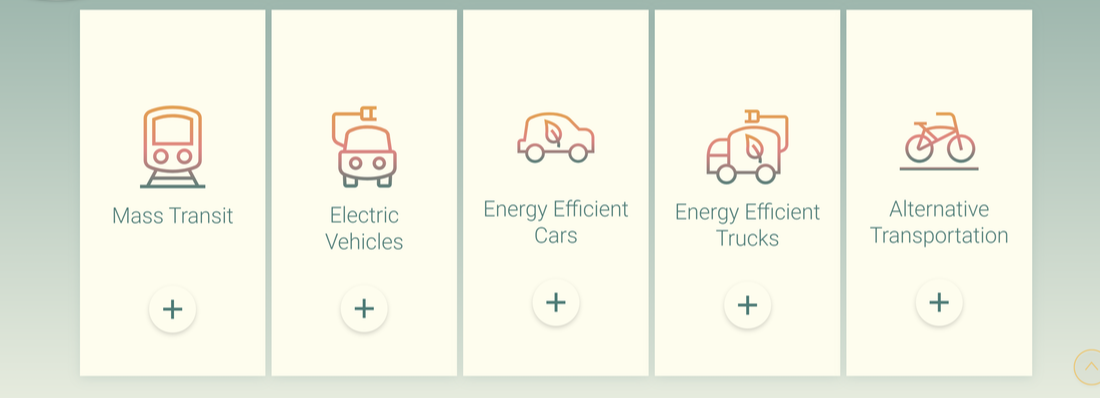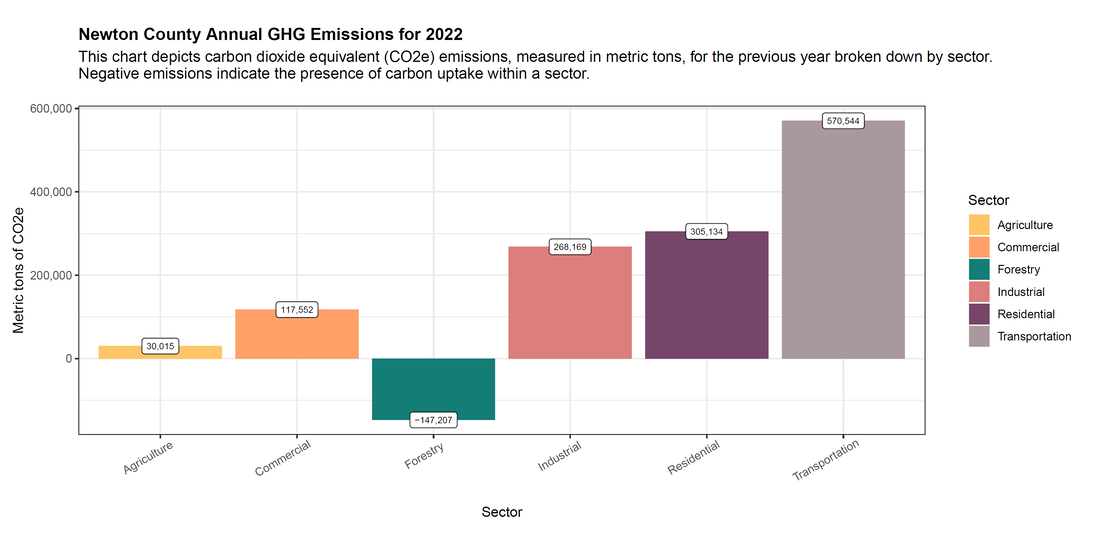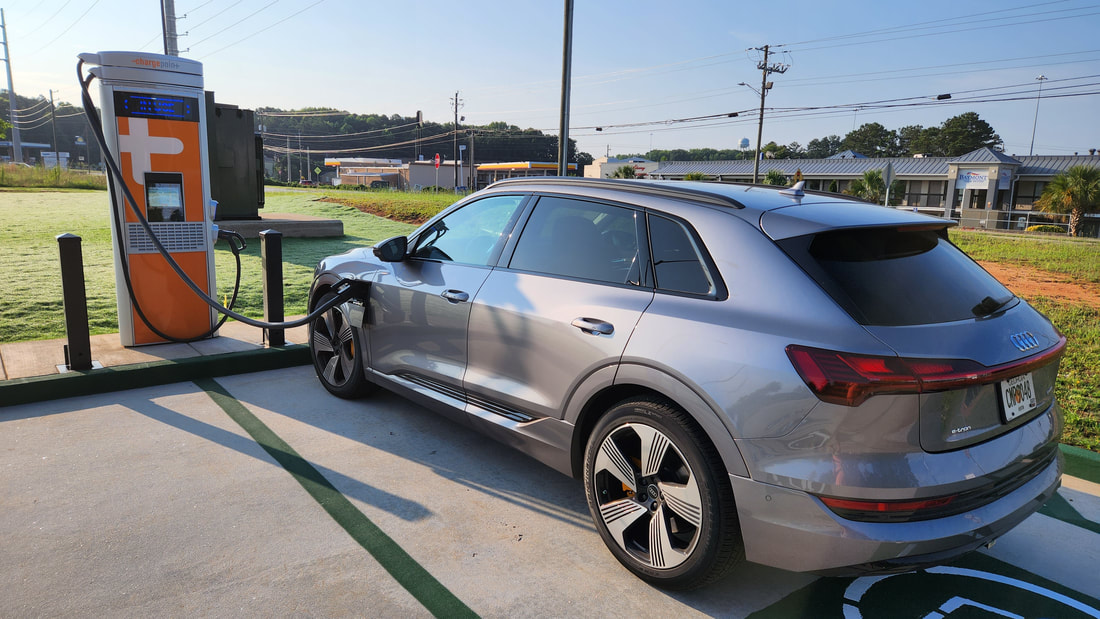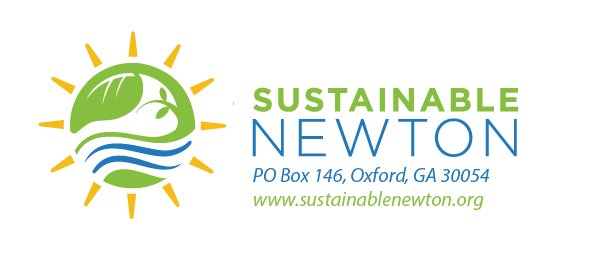Climate. Action. Now. |
|
As extreme heatwaves, wildfires, flash floods, droughts, and severe storms become more frequent and intense, human-caused climate change threatens our world today and our children's future. We can no longer ignore the climate crisis. But we did not form Sustainable Newton to worry or panic. We united to find solutions, to lead by example, and to be a catalyst for climate action in our community. Just as scientists know with certainty that human greenhouse gas emissions are overheating our planet and causing extreme weather, they also understand which solutions are most cost-effective now to reduce emissions and preserve a livable world.
When Project Drawdown published the bestseller Drawdown in 2017, climate activists finally had a detailed, data-driven roadmap to reduce atmospheric carbon and slow global warming. Today, the Drawdown Roadmap reflects some of world's best science-backed insights into how we can address the global challenges of climate change. But Sustainable Newton is focused on local action in our community. So, when the Ray C. Anderson Foundation took things a step further, by funding Georgia's best minds to identify the highest impact climate solutions for our state, the Drawdown Georgia climate solutions framework was born. We have 20 proven solutions that are actionable and scalable now in Georgia -- and in Newton County. These are our focus. |
Meet Sustainable Newton
Drawdown Georgia Climate Solutions Framework
Visit the Drawdown Georgia website for more information.
Bringing Climate Solutions Even Closer to Home
Using the Drawdown Georgia framework as our guide, Sustainable Newton is engaging households, businesses, and local governments to leverage the most effective climate solutions for Newton County. At present, we are focusing our efforts on three key areas:
Home Electrification & Efficiency
Solid Waste Diversion
Clean Transportation
Home Electrification & Efficiency
Our Goal
To help households transition to clean energy and become more energy-efficient by raising awareness about the strategic incentives available through the federal Inflation Reduction Act and local utility companies.
Federal Incentives
|
The federal Inflation Reduction Act offers rebates to low and middle-income households for electrification improvements and tax credits to higher income households. Resources to help households across America understand the financial incentives available include:
|
Rewiring America Calculator
Other Resources
Local utility companies often provide rebates to their customers who take steps to electrify and make their existing homes more energy-efficient.
Low to moderate-income households in Georgia may also qualify for the Georgia Bright rooftop solar leasing program from the non-profit Capital Good Fund.
Low to moderate-income households in Georgia may also qualify for the Georgia Bright rooftop solar leasing program from the non-profit Capital Good Fund.
Where to Start
The US Department of Energy recommends an energy audit as a wise first step to identify the energy efficiency opportunities unique to your home. It can show you the improvements that will provide you the best bang for your buck and also the order in which to pursue those. And a home energy audit is also eligible for a 30% federal tax credit under the Inflation Reduction Act.
In the fall of 2023, Sustainable Newton worked with Energy Consulting Services to offer discounted home energy audits to Newton County homeowners. At the Ray C. Anderson Foundation's RayDay event in October, we asked ECS Operations Manager Shane Matteson to join us to help explain the clean energy and efficiency incentives available to homeowners under the federal Inflation Reduction Act. In three installments, Shane answers the most common questions people have about energy audits:
In the fall of 2023, Sustainable Newton worked with Energy Consulting Services to offer discounted home energy audits to Newton County homeowners. At the Ray C. Anderson Foundation's RayDay event in October, we asked ECS Operations Manager Shane Matteson to join us to help explain the clean energy and efficiency incentives available to homeowners under the federal Inflation Reduction Act. In three installments, Shane answers the most common questions people have about energy audits:
|
What Start with an Energy Audit?
|
What's Involved?
|
What Will I Get?
|
Want to Learn More
Sustainable Newton can help educate your civic, business, or church group about the specifics of the Inflation Reduction Act. Sustainable Newton also has IRA educational materials that we are happy to share for distribution. Contact us to arrange a presentation tailored to your group or receive materials.
Solid Waste Diversion
Expanding Recycling Options
|
Sustainable Newton is working with local governments and other partners to expand options available to Newton County households and businesses who want to reduce the amount of solid waste they send to our county landfill. As the leader for our organization's efforts in this regard, board member Cameron Skinner wrote a recent blog post outlining some of our most recent accomplishments and future plans -- Paper & Plastic & Glass, Oh My!
One of our more exciting recent accomplishments has been collaborating with the City of Covington, the Newton County Solid Waste Management Authority, and students from Georgia Tech to design and implement a drop-off center for City of Covington residents to recycle glass and cardboard. Use this map to navigate to the drop-off recycling location at 5120 Turner Street NE in Covington. |
|
Supporting Our Businesses
In 2023, Sustainable Newton sponsored a project with students from the Ray C. Anderson Center for Sustainable Business at Georgia Tech to survey and interview local business leaders and analyze those results to identify sustainability priorities for Newton County businesses. Their analysis highlighted recycling and composting as two key areas with a high level of interest and the potential for significant positive impact. Through our Solid Waste Diversion initiative, Sustainable Newton will investigate both public and private solutions to expand options available to both businesses and households in our community.
Clean Transportation
Our Goal
To accelerate the transition to clean transportation alternatives in Newton County by promoting the adoption of electric, alternative fuel, and energy-efficient cars and trucks, encouraging more trips by walking or bicycling, and advocating for the development of public transportation options for country residents.
What's at Stake
Drawdown Georgia researchers report that 41% of Georgia's greenhouse gas emissions originate from cars and trucks on our roadways. But, thanks to data from the Drawdown Georgia Greenhouse Gas Tracker, we know that transportation is our county's largest emissions source, by far, contributing a whopping 53% of Newton County's total. Which makes all of Drawdown Georgia's Transportation Sector solutions particularly relevant for us in our work at Sustainable Newton:
Charging Ahead
Because electric vehicles are a major element of climate action at every level -- from the federal government down to Newton County, Sustainable Newton has been actively working to advance electric vehicle adoption in our community. Those efforts have included:
|
In 2023, the City of Covington installed two ChargePoint DC Fast Chargers at the city's Green Fuels Facility on City Pond Rd. These are currently the only Level 3 Chargers between Conyers and Madison.
|
Not Just EVs
|
Because they have no tailpipe -- and because electric motors use energy far more efficiently that internal combustion engine (ICE) vehicles -- electric vehicles are much cleaner for the environment. They dramatically reduce not only greenhouse gas emissions that cause climate change, but also particulate air pollution that causes illness and premature death in children and adults. But swapping out all of our ICE cars and trucks for EVs is not enough.
To effectively reduce climate pollution and slow global warming, we also need to replace car trips with other modes of travel whenever and wherever possible. That means walking or bicycling for shorter trips to the store, a restaurant, or maybe even to work. And, while our community offers very limited public transportation options today, it also means advocating for investments that give people more clean choices for how to get around. And it means building a community where walking and biking are safe, fun, and accessible for all. Sustainable Newton is engaged in an array of local transportation projects addressing more than just traffic congestion. By investing in sidewalks, bicycle paths, landscaping, and lighting, we can build a community where we don't have to all drive every time we need to go anywhere. Our air will be cleaner and our lives will be healthier. For a recap of the important projects and potential for improvements, read Maurice Carter's recent blog post -- 4 Wheels, 2 Wheels, No Wheels -- Go! |
Want to Help?If you are passionate about home electrification and energy efficiency, solid waste diversion, or clean transportation, we need you on the team. Each of these projects offers many ways to be involved: helping us plan, performing outreach to friends and neighbors, collaborating with local businesses, and influencing local officials. Let us know your interests, and we'll be in touch.
|

